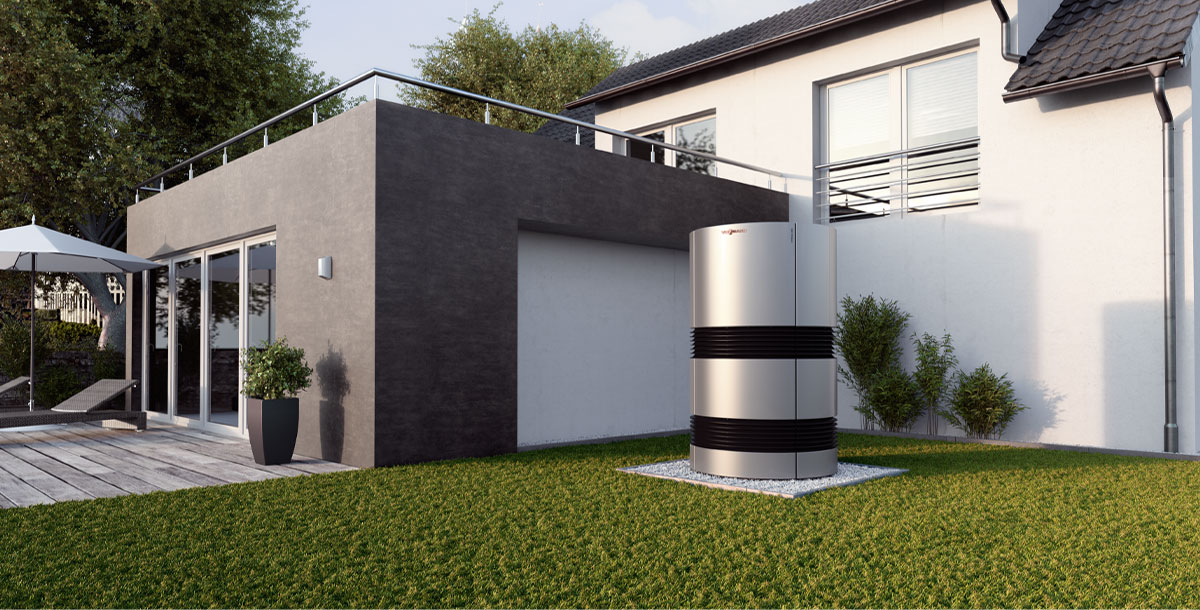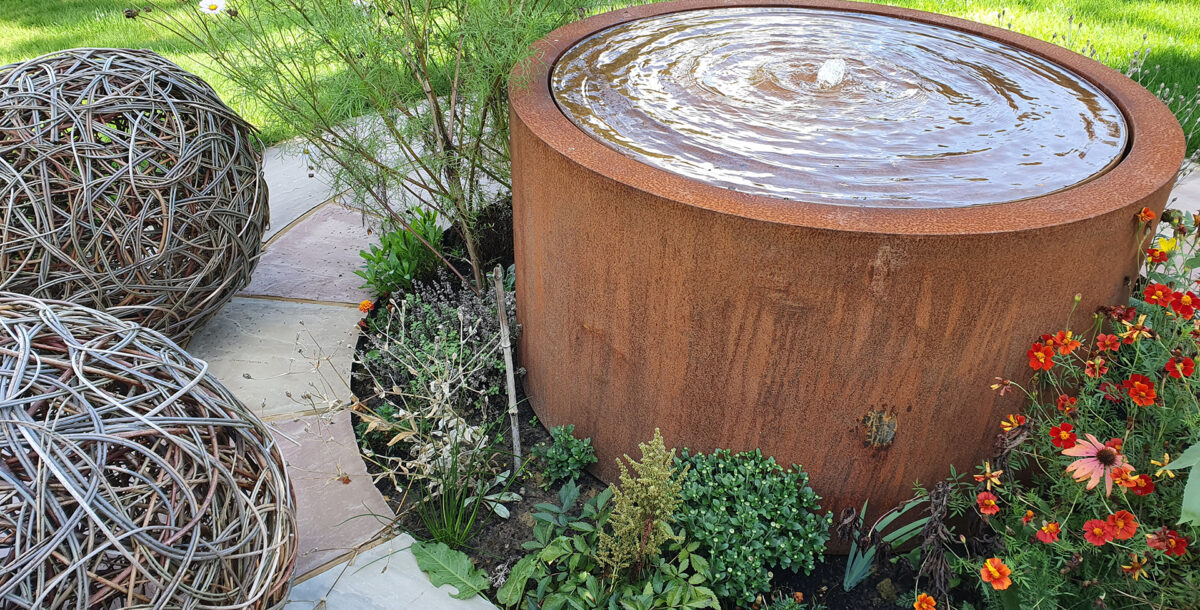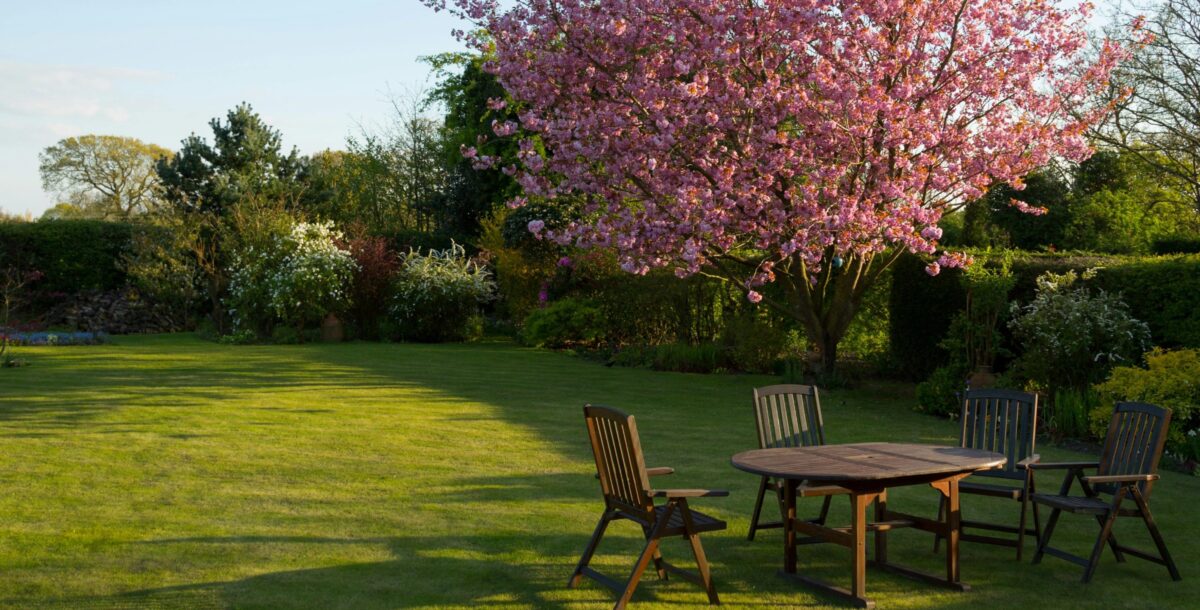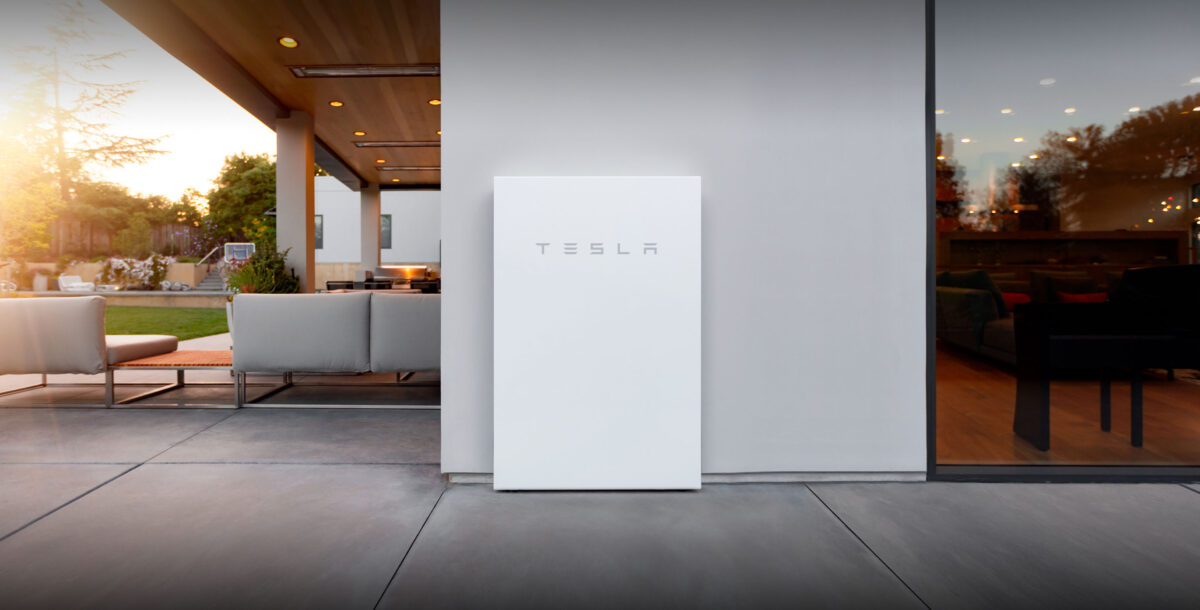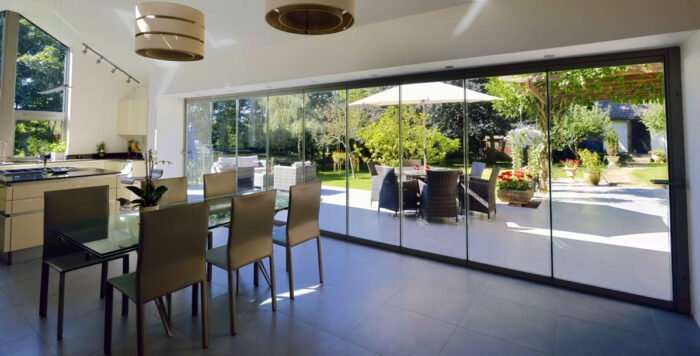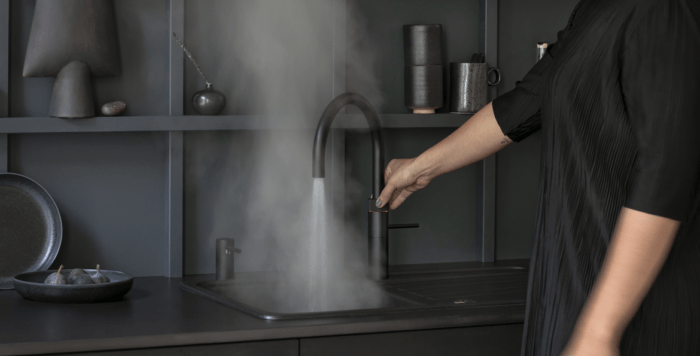How much does a heat pump cost to install?
Air-source and ground-source, grants and installation costs: will a heat pump be cost-effective for your project?
Heat pumps are widely accepted as a greener alternative to fossil fuel heating. They use only electricity, are simple to maintain, and they’re much more efficient than conventional boilers and stoves. But while the environmental arguments are largely settled, heat pumps cost much more to install than an equivalent fossil-fuel boiler.
At least, most of the time: look around and you’ll see the cost of an installation given as anything from tens of thousands of pounds, all the way down to just a few hundred pounds. This variability comes down to the differences between the two competing heat pump types, the nature of the building to be heated, and even which grants or loans might be available where you live. So what’s the real cost of installing a heat pump, and would it be a viable way to heat your grand design?
Heat pump types and technology
By now we’re sure most Grand Designs readers understand that heat pumps are like a fridge that works in reverse. Instead of producing heat like a boiler, they use a refrigerant to pump existing heat from the outside environment into a building, where it can be used for water and space heating.
There are two main types of heat pump. Air-source heat pumps (ASHPs) take their heat from air, which is drawn into the unit by a big fan. Ground-source heat pumps (GSHPs) get theirs from pipes sunk into the earth, or from a water source. If you’d like more information, check out our article comparing ASHPs and GSHPs in detail.
Both types of heat pump output several times more heat energy than the electrical energy they use, making them more efficient than even the best boilers, stoves or direct electrical heaters. But heat pumps are at their most efficient when heating water to a lower temperature than gas boilers, which usually means they work best with big radiators and require a bigger hot water tank.
While heat pumps may be comparatively novel in the UK, they were actually invented around 170 years ago. Their technology is well proven, with units often expected to last 20 years or more.
How does heat pump type affect the installation cost?
As with boilers, you can specify a wide range of heat pumps according to various criteria. You’ll need to choose one that matches the energy demands of the house, with a typical home needing a heat output in the region of 5-12kW. A 12 kW ASHP might cost around 40% more than a 5kW equivalent, but there’s usually a less marked difference between GSHPs of differing capacities.
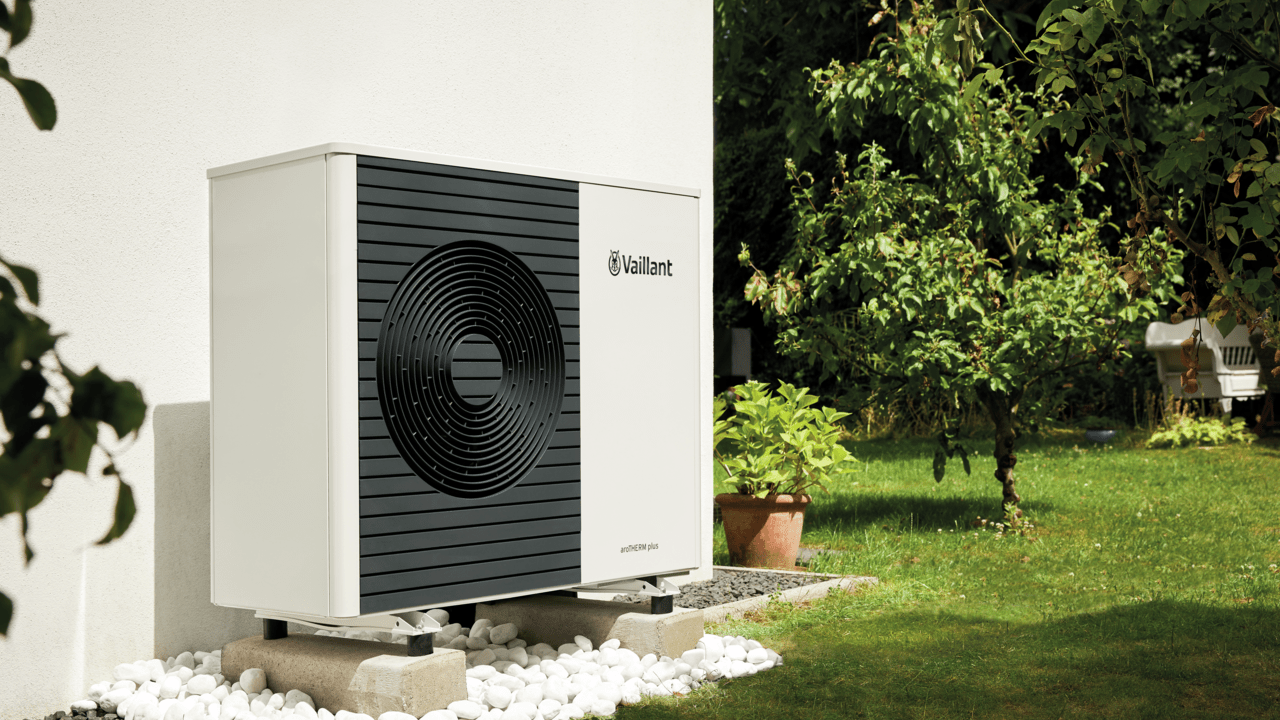
Image Credit: Vaillant
As an example, at the time of writing you could buy a Vaillant aroTHERM plus 5kW ASHP for about £3,600, whereas the 12kW version cost £5,800. Vaillant’s flexoTHERM 5kW GSHP cost £6,100, while the 11kW version was £6,500.
There’s a far bigger difference when it comes to installation costs. It’s much simpler to install an ASHP than a GSHP, as it typically requires just an electrical connection and some straightforward plumbing. By contrast, it can be a major project to lay the pipes for a GSHP. These can be run horizontally, around one metre below ground, in which case you’ll need to dig then fill trenches over several hundred square metres of land. Where that’s not practical, the pipes can be sunk in boreholes, drilled with much less disturbance but at even greater cost.
“A typical three-bedroom house using… pipes laid in trenches requires about 40x12m of land, says David Billingsley, director of sales at Kensa Heat Pumps. “Boreholes range from 60-200m deep and are around 150mm wide. If a home has insufficient land area for [pipes] or no access for a borehole drilling rig, ground source may not be viable.”
The price of a heat pump installation is also influenced by the additional parts and labour that may be needed. A heat pump’s lower output temperature means that existing radiators and hot water storage tanks might need to be upsized, and in some homes there may be a considerable amount of plumbing – especially if the existing heating pipework is microbore (<15mm diameter).
Conversely, a heat pump installation may not add that much to the cost of a newbuild project beyond the extra cost of the heat pump itself. It’s easier to lay pipes for a GSHP on land that hasn’t yet been landscaped, while a heat pump’s plumbing is no more complex than a conventionally fired system if you’re starting from scratch.
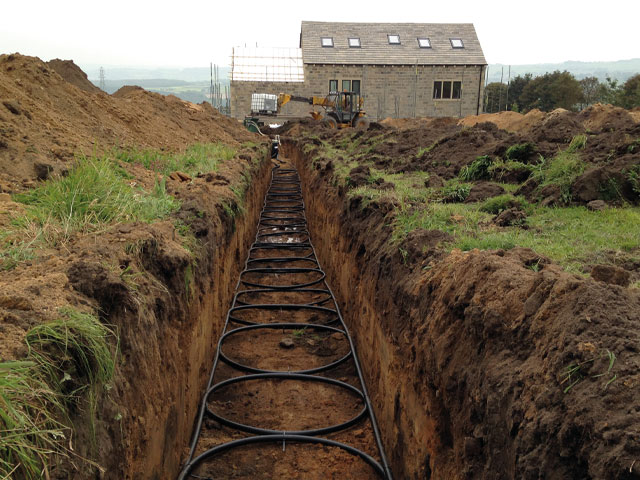
What’s a typical price for a heat pump installation?
A typical ground-source heat pump now costs from £16,000-35,000, according to Greenmatch. Meanwhile, the same site puts the cost of an ASHP at £5,000-£18,000.
This wide variation reflects the different capacities of different installations but also the amount of additional equipment and labour that might be needed depending on the project. Installing an ASHPin new builds, or as an upgrade to a modern home’s existing wet heating system, is likely to come in towards the bottom end of the scale. With a GSHP, the overall cost is very influenced by the cost of pipe-laying work.
The UK heat pump market has been slow-growing when compared to some other European countries, but there’s some evidence that the government’s Heat and Buildings Strategy is bearing fruit. Energy suppliers, including British Gas and Octopus Energy, are now carrying out ASHP installations at scale, and competing to lower the cost.
Can I get a heat pump grant?
Depending where you live, and whether you’re installing from scratch or upgrading, you could pay considerably less. If you own a building in England and Wales, and you’re fitting a heat pump as an upgrade to existing fossil-fuel heating, you should qualify for the Boiler Upgrade Scheme (BUS), which pays a grant towards either a ground or air-source heat pump.
In October 2023 the BUS was increased from £5,000 to £7,500, meaning that many straightforward ASHP installations are now far more affordable – and sometimes even free. Octopus says that its typical installation price is around £7,500-8,000, leaving typical customers paying no more than a few hundred pounds.
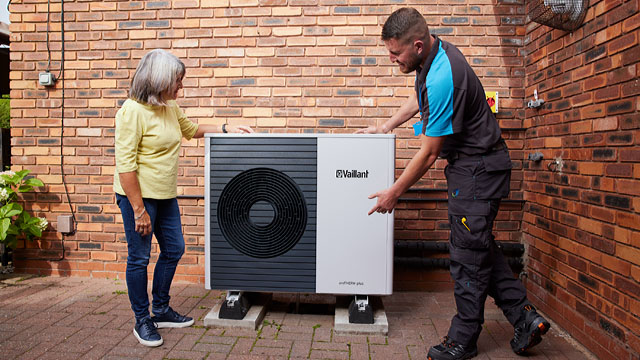
Image Credit: British Gas
In Scotland, homeowners can get a £7,500 grant towards a heat pump installation under the Home Energy Scotland Grant and Loan, with a further £1,500 ‘uplift’ for rural properties. Unlike in England and Wales, this payment is available for retrofits or new-builds, together with an optional interest-free loan of up to £7,500 if needed. Unfortunately, however, there’s currently no government funding for heat pumps in Northern Ireland.
What about running costs, and the environment?
Once installed, it’s likely that a heat pump will prove cheaper to run than an equivalent fossil-fuel system – especially if you can use a source of cheap energy such as an off-peak tariff or microgeneration.
We recently looked in detail at the running costs of heat pumps. Even using a standard electricity tariff, you’re currently unlikely to pay more than 9.8p for every kilowatt hour (kWh) of heat – that’s marginally more than a gas boiler running at the ideal efficiency of around 90%. Off-peak this could drop to 4.1p per kWh or less, which is about half the lowest you could pay with gas. Depending on your heating bills, that could be a saving of up to a few hundred pounds a year.
If your primary concern is the environment, heat pumps are simply better. Even if you’re not using renewable electricity, an ASHP will be responsible for about 80g of CO2 emissions per kWh of heat, which could fall to as little as 55g for a GSHP. A 90% efficient gas boiler emits around 235g per kWh. And of course, if you’re running on renewable energy, the emissions will be zero.
If you’re interested in more detail on how costs and emissions stack up, check out how a heat pump compares to other renewable heating systems.

